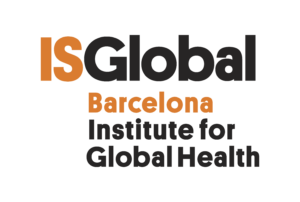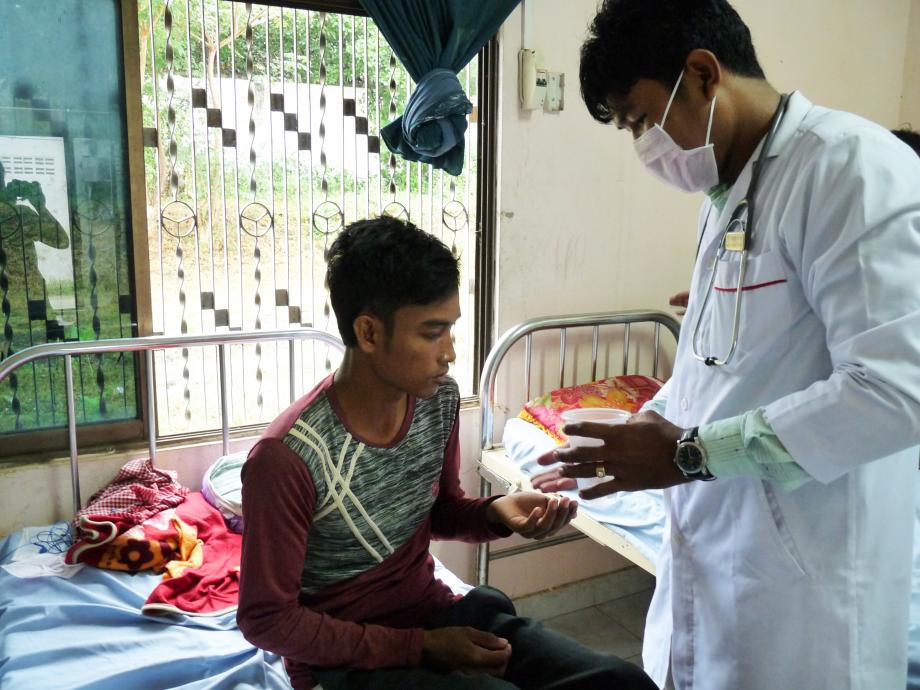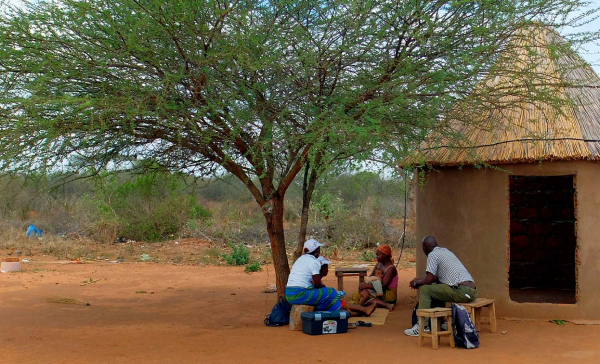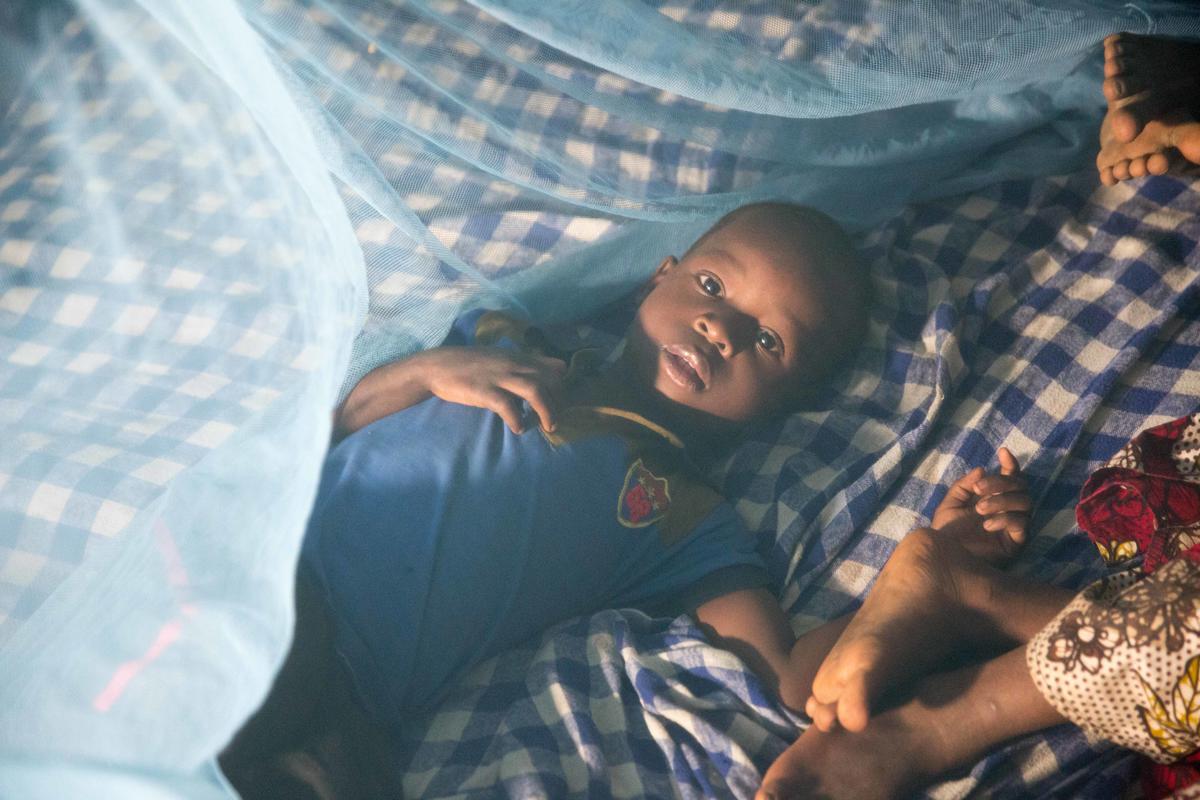The problem
In 2022, there were an estimated 249 million malaria cases in 85 endemic countries. This caused 608,000 malaria-related deaths – more than half of which were among children under five.
Climate change is exacerbating the situation, as extreme weather events like flooding and heatwaves drive malaria outbreaks. At the same time, antimalarial drug resistance and adaptations in mosquito behavior that allow them to evade insecticide-treated nets and indoor residual sprays are reducing the effectiveness of vector control, which remains the most effective strategy for fighting malaria.
Our response
Ivermectin, a drug used widely in veterinary medicine to kill parasites, has shown potential in interrupting malaria transmission by killing mosquitos when they bite humans who take the medicine. The BOHEMIA project (Broad One Health Endectocide-based Malaria Intervention in Africa), led by ISGlobal, evaluated the impact of mass distribution of ivermectin in Kenya and Mozambique during the rainy season, when malaria is most prevalent, to see if it could impact malaria transmission.
Our partner




